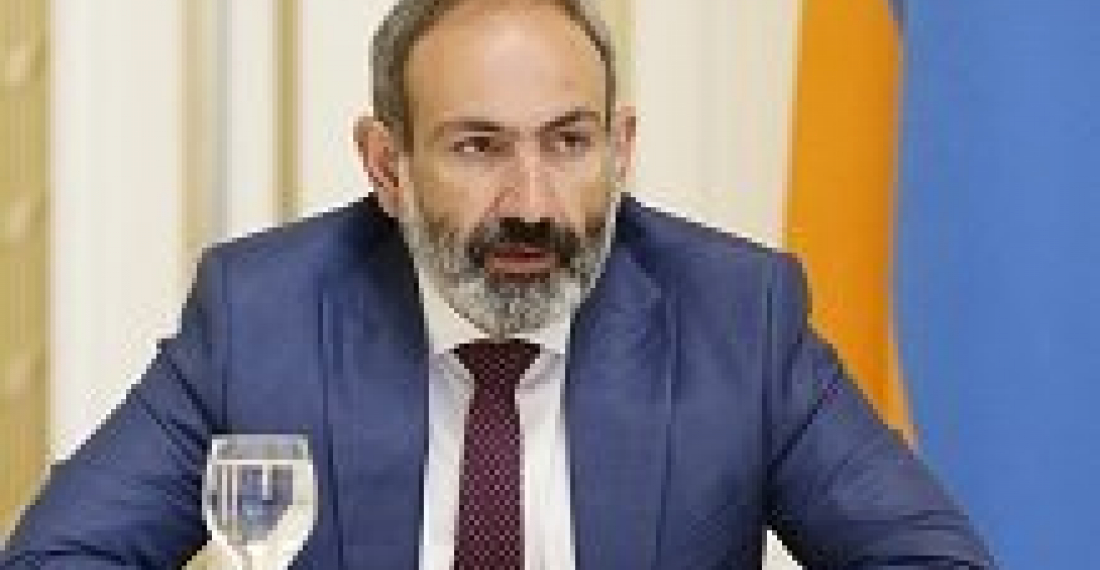Премьер-министр Армении Никол Пашинян попытался успокоить озабоченность в Армении после спекуляций о напряженности на линии соприкосновения в зоне нагорно-карабахского конфликта и, в частности, в секторе Нахчыван.
Выступая в ходе прямого эфира на facebook в понедельник вечером (25 июня), Пашинян сказал, что с тех пор, как он занял пост премьер-министра, число нарушений прекращения огня было необычно низким по сравнению с предыдущими временами.
Пашинян сказал, что ситуация на данный момент обычная. "Мы имеем обычную ситуацию, знакомую ситуацию, и эта ситуация знакома нам долгие годы. В конце концов конфликт не решен - мы находимся в состоянии полувойны и продолжать нашу работу, а вооруженные силы - свою. Все так, как обычно. Мы работаем над повышением боеспособности наших войск. Не хочу сказать, что нет причин для беспокойства, но и не могу сказать, что есть причины для беспокойства", - сказал премьер-министр.
Говоря о ситуации на границе с Азербайджаном, в частности с его анклавом Нахичеваань, Пашинян сказал, "территории, которые в настоящее время находятся под контролем Азербайджана, всегда были под его контролем. Ничего не изменилось. Имело место определенное передвижение позиций."
Пашинян подчеркнул, что Армения точно не начнет войну. "Это Азербайджан использует военную риторику, но я надеюсь, что руководство Азербайджана в конце концов поймет, что карабахский конфликт не имеет военного решения".
Ранее в тот же день премьер-министр Армении провел заседание Совета национальной безопасности страны.
источник: commonspace.eu
фото: Премьер-министр Армении Никол Пашинян возглавляет в ходе Совета национальной безопасности в понедельник, 25 июня 2018 года (фото предоставлено пресс-службой премьер-министра Армении)







